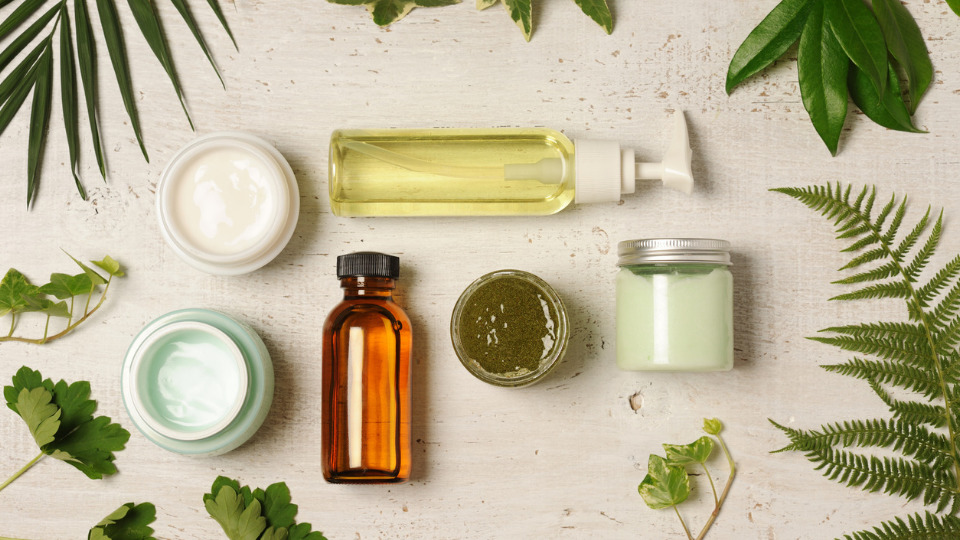Everyone wants to live healthily and pursue a greener lifestyle. As individuals, we are constantly trying to eat healthier foods, exercise regularly, and give up on substances that are harmful to us. However, the past few years have seen consumers become increasingly aware of what they are putting on their skin.
Makeup, skincare, haircare, and other cosmetic products used to heavily concentrate on synthetic chemicals, concentrates, and preservatives. Consumer awareness in this regard has forced many of the established brands to move towards natural and organic ingredients.
In this article, we speak to Amanda Jo of Organic Bunny and ask her about the rise in the use of natural skincare products. We discuss some of the factors contributing to the rise, along with finding out the differences between ‘natural’ and purely ‘organic’ skincare.
Amanda Jo of Organic Bunny on 5 Factors contributing to the Rise of Natural Skincare
- Increasing Digital Information-
The internet, along with social media platforms has provided a rife ground for consumers to know more about the ingredients of their skincare products. Most research organizations, including government regulatory bodies, regularly release studies and papers on the kind of tests they do and the prevalence of chemicals in products.
- The Rise of Powerful Bloggers and Influencers-
Influential beauty and skincare bloggers like Amanda Jo have been at the forefront of calling out brands and their products for being lathed in harmful chemicals. The millions of followers they command have been used progressively by these individuals to educate and inform their audiences about the harmful effects of preservatives and chemicals.
- Greater Governmental Regulations-
Governments and their concerned regulatory authorities have increased the crackdown on chemical-based skincare products. Studies linking their presence to the occurrence of diseases like cancer, infertility, allergies, etc. have become quite common in recent years. This has in some ways forced brands to adopt more stringent production measures.
- Flooding of Organic Brands Online-
Several organic brands in the skincare domain are creatively using social media and ecommerce platforms to promote and sell their products. They find it to be easier in terms of connecting and engaging with their audiences, as well as boosting sales, without the direct physical presence in stores. With consumer behavior becoming online, this has boosted organic products.
- Promotion of an Overall Healthier and Greener Lifestyle-
Awareness about fitness, exercises, and healthy eating habits have opened the minds of individuals about integrating these behaviors in different aspects of their lives. Using shampoo, soaps, moisturizers, makeup, and ten other different things has garnered awareness because of the principles of greener living and its advantages.
Difference between Natural and Organic Skincare Products
First things first, there is a sea difference between natural skincare products and organic skincare products.
According to Amanda Jo of Organic Bunny, the primary distinction between the two stems from the fact that to use the word ‘organic’ in their branding or label, brands need to ensure that 70%-85% of all the ingredients being used in the product should be truly organic.
In other words, organic skincare products are subject to greater regulations and oversight by the authorities than natural products. Amanda Jo goes so far as to say that natural products do not have any official requirements to use the term natural.
This sometimes gives liberty to brands, which can use the same and fool consumers. The term natural is sometimes used quite loosely.
The Final Word
Audiences are now preferring organic skincare products to natural ones. The more information and education rise, the more will be the pressure on brands and products to keep improving themselves. If you wish to know more about organic skincare or natural products and would want Amanda Jo to answer your questions, please write to us in the comments below.
